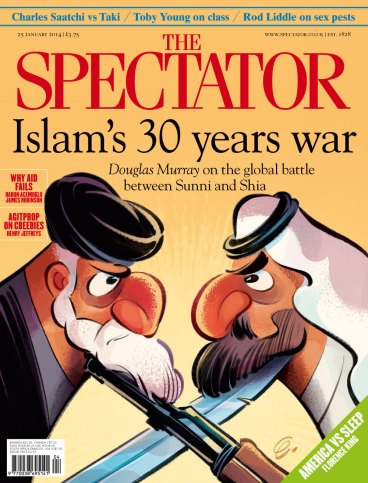Reviewing reviews of reviews — where will it all end?
About halfway through reading this collection of essays I had one of those hall-of-mirrors moments. These are mostly book reviews, you see: high-toned, long-form New York Review of Books-type review-essays, given — but book reviews nevertheless. There I was, dutifully noting what David Lodge wrote about what Martin Stannard had to say about Muriel Spark,











